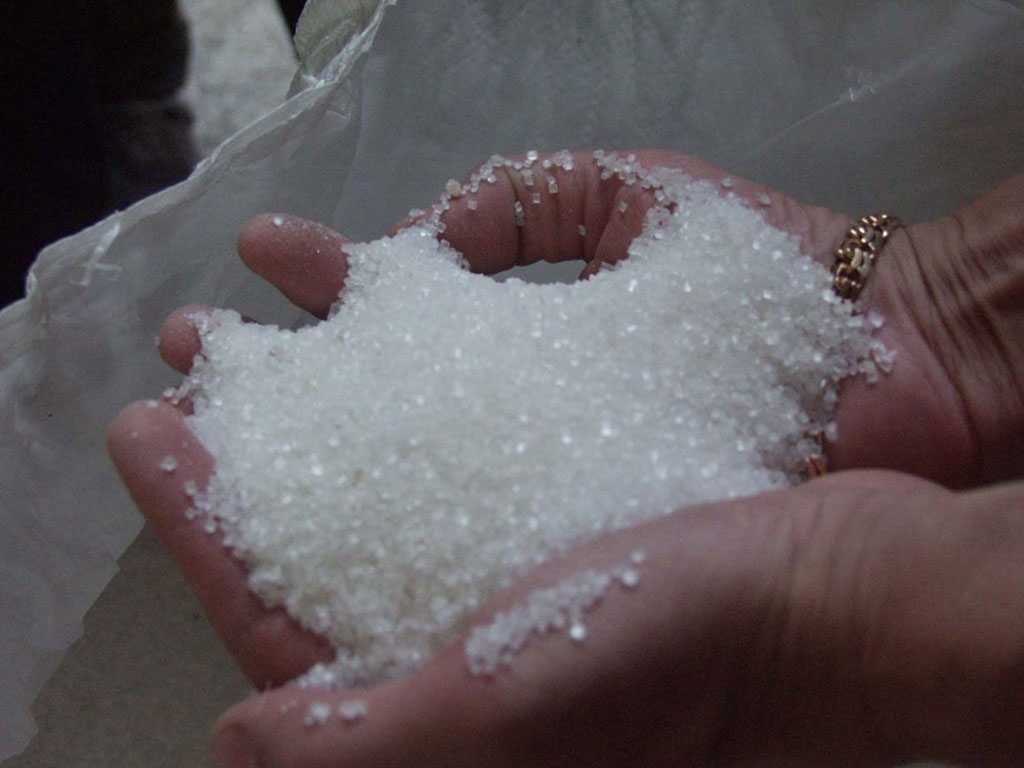The challenge of sugar hoarding

Sugar industry of Pakistan is generally in the news for one reason or the other. The latest tiding is the unusual increase in the price of sugar in the domestic market due to hoarding of this commodity because of the increase in GST on sugar from 8 percent to 17 percent announced in the Federal Budget for FY20 and its anticipated impact on prices. Taking a serious notice of this unsavoury development, Hammad Azhar, Minister of State for Revenue, while briefing the Special Committee on Agriculture chaired by the Speaker, National Assembly, Asad Qaiser, warned hoarders that the government had decided to launch a crackdown, in collaboration with the provincial governments against sugar mills involved in hoarding of sugar for profiteering which had led to a considerable increase in the prices of this commodity in the domestic market. The impact of GST increase was expected to raise the price of sugar by about Rs 3.64 per kg but the actual increment in the local market has been found to much more than this. "Gone are the days when powerful lobbies and interest groups were considered important for policymaking," the Minister asserted and vowed to bring to an end their influence. The meeting also decided to adopt a holistic policy for revival of agriculture sector and especially to arrest the declining trend witnessed during the last few years in cotton areas where sugar production is replacing cotton. Representatives of farmers were also assured that all their legitimate grievances would be addressed and their meeting with the Prime Minister would be arranged as well.
In our view, the recent surge in sugar prices in the local market is of course unwarranted and unjustifiable given the fact that there is no shortage of the commodity in the local market and the increase in GST could only result in raising the price of sugar by about Rs 3 to 4 per kilo. The actual price increase has, however, been much more than what was anticipated by the government. Average refined sugar prices have galloped by about 18 percent since April, 2019 which is nearly 36 percent increase compared to the corresponding period of last year. The price could go up further when the higher GST is actually imposed with the beginning of the next fiscal year. The concern of the government with this abnormal and unjustifiable increase in price is very much understandable since sugar is an essential commodity, particularly for the poor and average households who spend a good part of their disposable incomes on sugar and could raise a hue and cry to make the government unpopular if the price of sugar is no longer within their reach. While the availability of sugar at a reasonable price is politically expedient in the domestic market, there is no reason for the suppliers of this commodity to increase prices. It is quite true that the sugarcane production in the country had dropped from 83.3 million tonnes last year to 67.2 million tonnes during the current year but the sugar industry with its added stocks from previous years' production could easily meet the domestic demand of this commodity. To take notice of the unfolding situation by the government is also important for other reasons. Sugarcane crop is a high value cash crop and its production accounts for 2.9 percent in agriculture's value addition and 0.5 percent of overall GDP.
While the crackdown on sugar hoarders may be justified on the basis of larger interest of the economy and consumers, it needs to be analysed whether such an action could yield the desired results. It is the common experience that whenever the government takes administrative measures like a crackdown on the hoarders or arbitrary fixation of prices of certain commodities, these commodities generally disappear from the market and the consumers end up paying more in the black market. Besides, hoarders are known to perform a useful function to even out excessive fluctuations in prices by buying a commodity when it is in surplus and selling at a time when it is scarce in the market. The government, we are sure, is aware of these facts before a crackdown is actually launched, especially when the machinery of the government is not very famous for its efficiency and integrity to do the job assigned to it.






















Comments
Comments are closed.